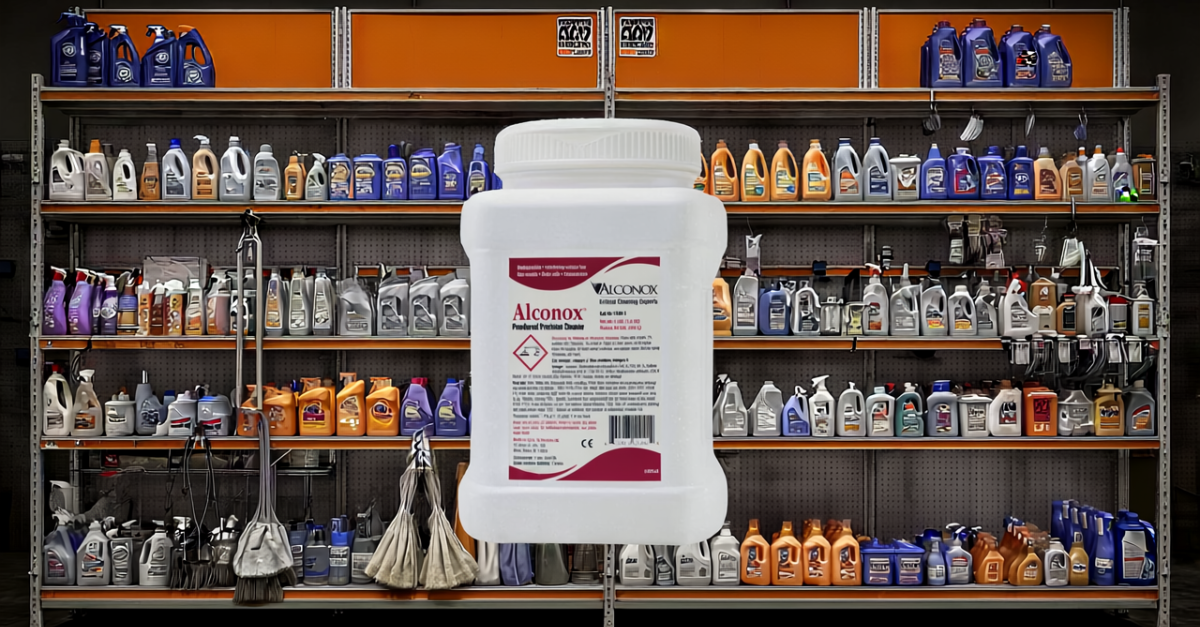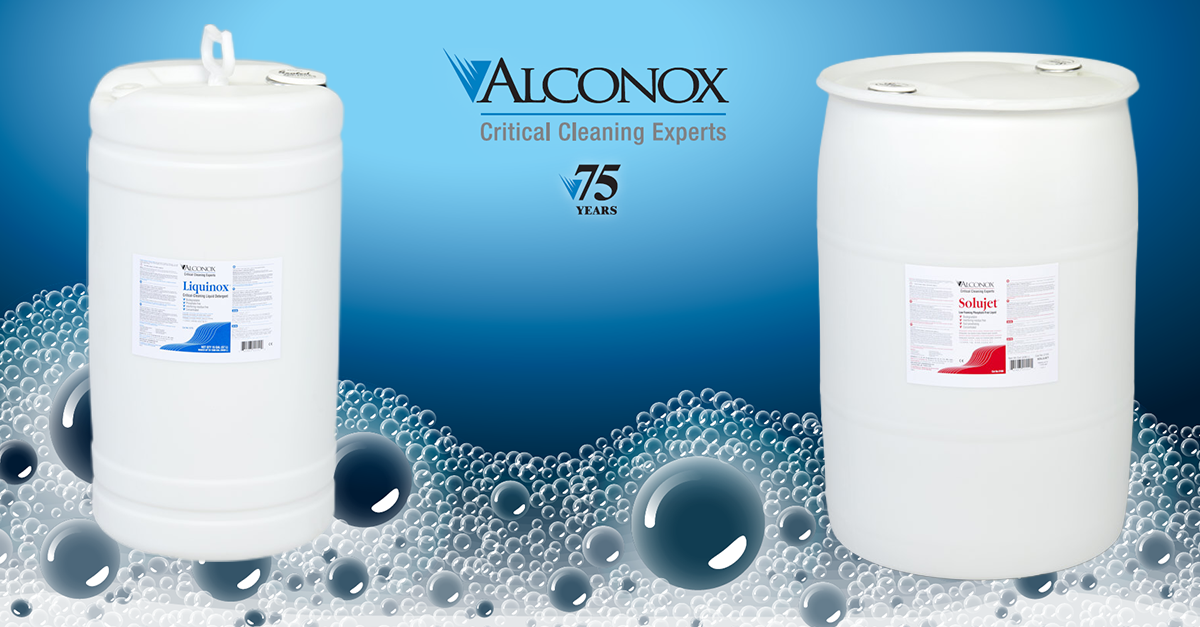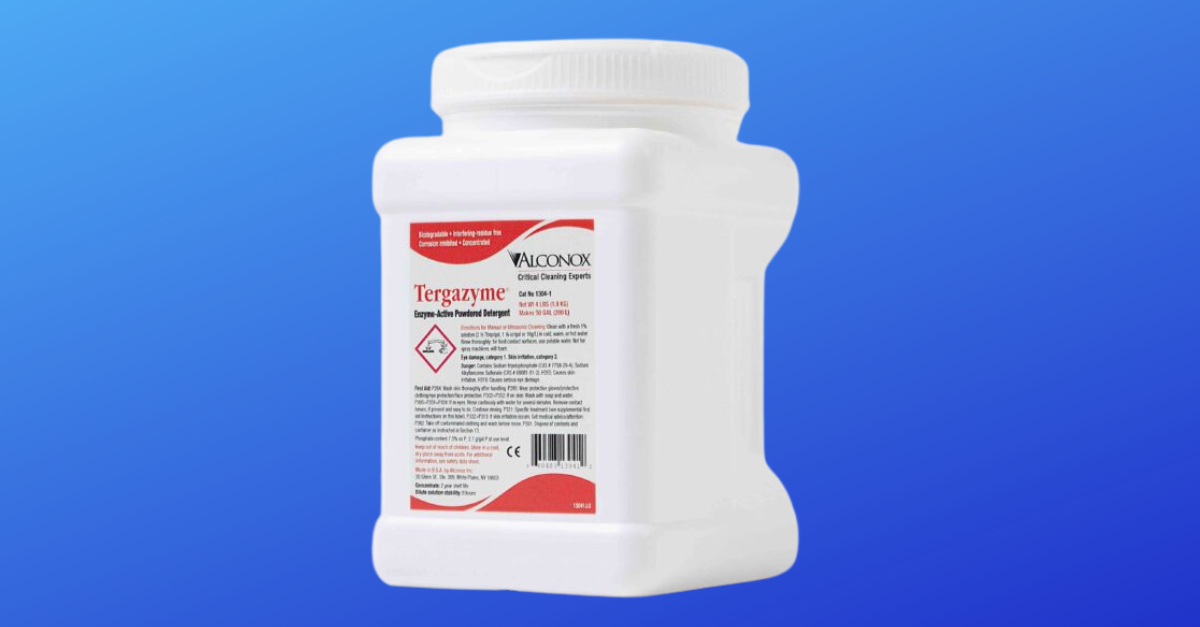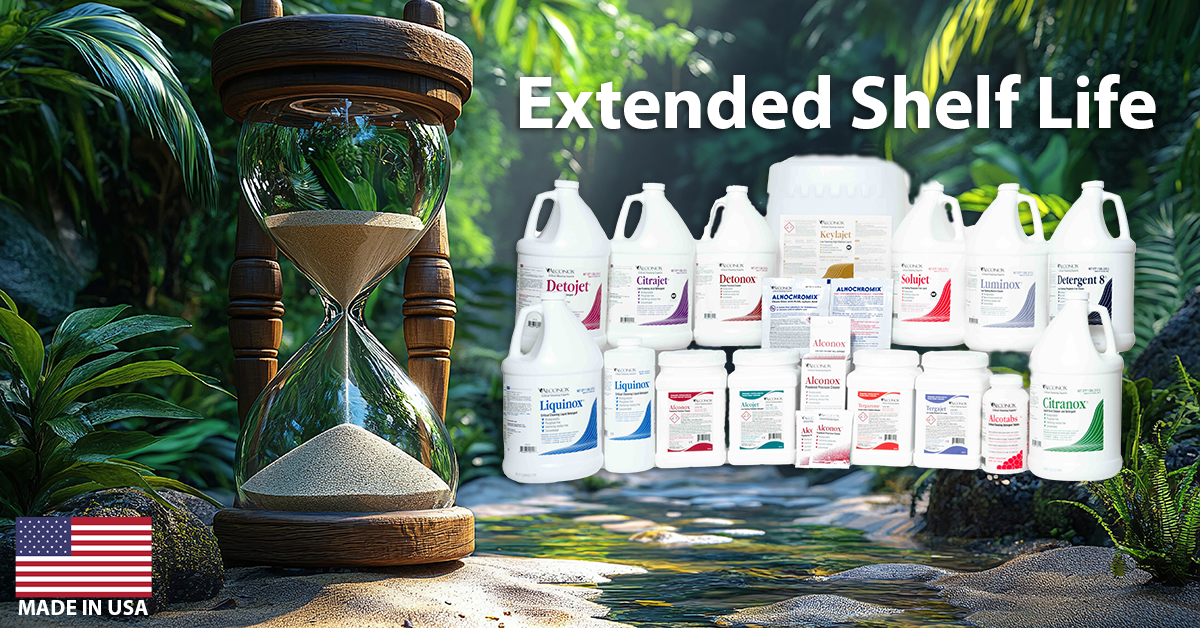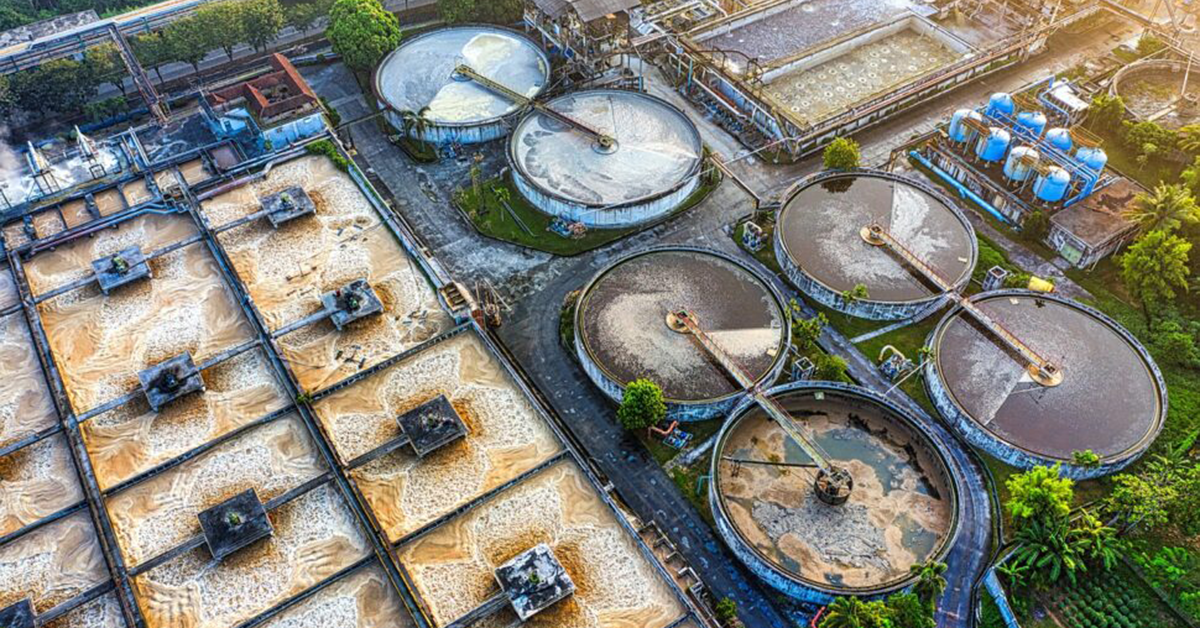
Q. We are a waste treatment plant with an in-house ultrafiltration system. We keep experiencing rapid biofouling of our filters causing an excessive need to take the system out of service for cleaning. We suspect that microbes are growing inside the system and rapidly clogging the pores of the filter. We have tried hot NaOH flushes and we see little to no improvement on the filter permeability and very poor permeability recovery.
A. We would recommend using a 1-2% Tergazyme® Enzyme-Active Powdered Detergent cleaning solution to resolve this filter issue. Tergazyme detergent is a powerful emulsifier of oily and organic residues, in concert with proteolytic enzymes to greatly assist in the removal of biofilm and other proteinaceous residues. What we would recommend is a cleaning cycle at a moderate temperature of 120F (~50C) maintained by an immersion heater in the sump during a one hour clean-in-place program consisting of:
- 20 minutes circulate
- 20 minutes stop and soak
- 20 minutes circulate
- followed by a thorough rinse as a pre-treatment
This will effectively remove the biofouling and restore the filters to their normal length of service. This can of course be verified by measurement of normalized water permeability (NWP) and crossflow rates. Detergent capacity, or amount of soil that can be removed, is directly proportional to concentration. Higher concentrations of detergent can be used for initial cleaning of heavily soiled membranes. Routine cleaning can be done at lower concentrations.
Regarding your current cleaning procedure, cleaning biofouling in excess of the above recommended temperatures with hot alkaline detergents or caustics can cause these proteinaceous soils to become cross-linked and far more difficult to remove. This is likely why hot NaOH failed. The powerful proteolytic enzymes in Tergazyme powder will cleave and remove the proteins, as well as its emulsifiers removing remaining organic residue.
It is important to note that Tergazyme solutions should be kept below 130F (~55C) to avoid enzyme activity loss/degradation. The detergent should also be used within 8 hours of creation to ensure maximum enzyme efficacy. When in powdered form and not diluted into solution, Tergazyme detergent has a 3.5 year (42 month) shelf life.
To request this or any Alconox, LLC detergents for free, please complete the questionnaire at Get Sample. For more information about any one of our Alconox, LLC detergents, consult the technical bulletin for each product. Or click here to access each of our detergent’s Safety Data Sheets.
Do you have a critical cleaning question for the experts at Alconox, Inc.? Search TechNotes to see if it’s been answered before or Ask Alconox.
